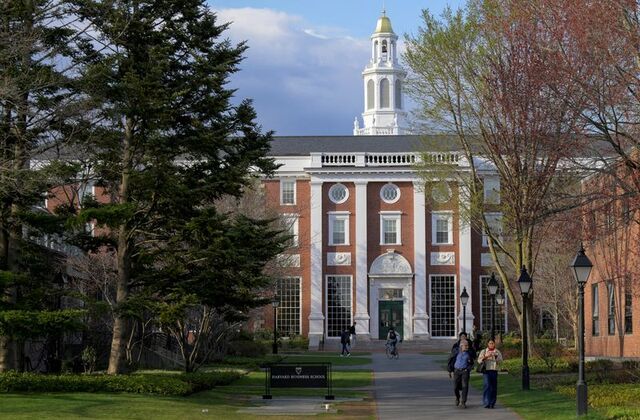More than 100 universities and colleges across the United States, including prestigious Ivy League schools like Princeton and Brown, have issued a joint letter opposing what they described as political interference by former President Donald Trump in the country’s education system.
This response came just one day after Harvard University filed a lawsuit against the Trump administration. The administration had threatened to cut funding and impose direct political oversight on institutions that it accused of tolerating anti-Semitism or promoting diversity initiatives that the government claimed were politically biased.
In their statement, the universities said they stood united against what they called “unprecedented government overreach.” They emphasized that while they support legitimate reform and oversight, they reject pressure tactics that could undermine academic independence or misuse public research funding.
The Trump administration has increasingly targeted elite universities, linking them to what it described as unchecked anti-Semitic sentiments on campuses. The White House has threatened to strip these schools of federal funding, challenge their tax-exempt status, and limit the enrollment of international students.
The universities responded by asserting their commitment to academic freedom. They stressed the importance of allowing faculty, students, and staff to engage in open discussions across different viewpoints—without threats of censorship, deportation, or retribution.
Trump’s actions have included a push to curb diversity programs and tighten immigration rules for foreign students, resulting in sudden visa cancellations and mounting pressure on universities to disclose student records. The Department of Homeland Security warned institutions like Harvard that their ability to enroll international students could be at risk unless they complied with demands related to alleged illegal activities by visa holders.
In the case of Harvard, tensions peaked when the government ordered a freeze on $2.2 billion in federal funding. Harvard’s legal response demands that these actions be declared unlawful and calls for a full reversal of the imposed conditions.
International students currently make up more than a quarter of Harvard’s student body, highlighting the broader impact such federal restrictions could have on the academic and cultural makeup of U.S. universities.
This growing standoff between American academic institutions and the Trump administration marks a critical moment for the future of higher education governance in the country.

